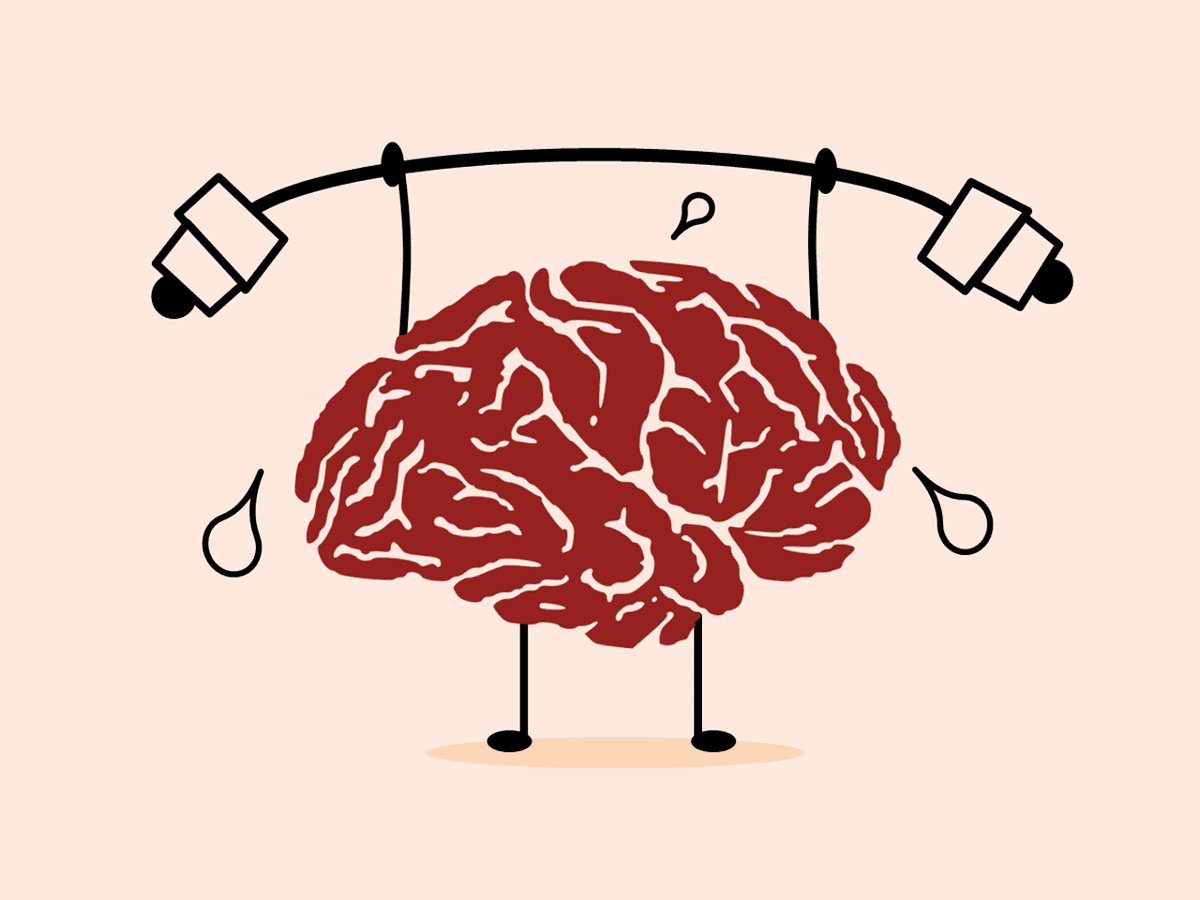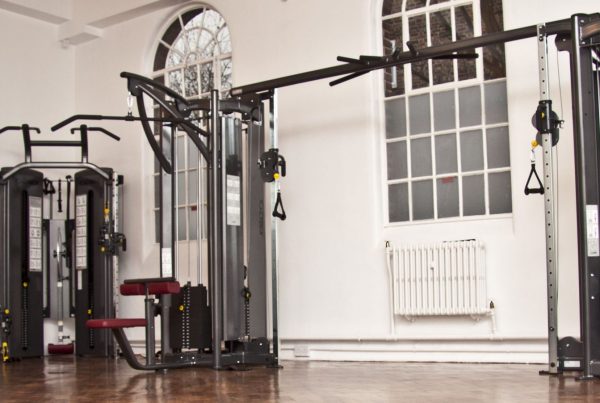As someone passionate about all sports, from a childhood of competitive swimming and running for the local harrier league, and even completing my first triathlon in summer – I used to believe fitness was all about endurance and staying lean. However, making the change to using strength training to compliment my fitness goals is when I realised it’s importance; I recovered faster, ran stronger, swam more efficiently and felt more confident in my overall fitness.
While studying Sport Science at university, I learnt more about the science behind strength training and how the body adapts to different types of exercise and now believe strength training is important for everyone. It’s not just about building muscle mass; it’s about performance, preventing injury and supporting overall health as well as improving confidence.
1. Strength Training Boosts Your Metabolism

One of the biggest myths is that cardio is the only way to burn calories. The truth is strength training is a powerful metabolism booster. Muscle tissue is metabolically active, which means it burns more calories even when you’re resting. So, by building lean muscle, your body becomes more efficient at using energy throughout the day.
If your goal is fat loss, pairing resistance training with balanced nutrition is one of the most sustainable approaches. It supports a higher resting metabolic rate and helps preserve muscle mass even when in a calorie deficit.
2. It Builds Strong Bones and Preserves Muscle
Many people underestimate how important strength training is for long-term health. From a scientific standpoint, resistance exercise stimulates bone-forming cells, increasing bone density and reducing the risk of osteoporosis later in life. It’s especially vital for women, as bone loss naturally accelerates with age and hormonal changes.
But it’s not just about bones – we also naturally lose muscle mass as we get older, a process called sarcopenia. From around the age of 30, adults can lose 3–8% of their muscle mass per decade, and that rate increases after 50. Less muscle doesn’t just affect how strong you feel -it can impact balance, mobility, and even metabolism. The good news is that regular strength training can slow down or even reverse this process, keeping you stronger and more active for longer.

3. It Makes Every Day Life Easier
Strength training isn’t just about how you look it’s about how you feel and move through life. Everyday activities like lifting shopping bags, carrying kids, or climbing stairs become easier when your body is strong and balanced.
You start to notice subtle improvements like standing taller, moving more confidently, feeling less stiff after long days or workouts. Building strength also enhances coordination and stability, reducing the risk of falls or strains. These are the kind of benefits that might not show up in before-and-after photos but make a massive difference to your quality of life.
4. Mental Wellbeing

One of the most surprising benefits of strength training is the impact it has on mental wellbeing. Lifting weights or completing a challenging workout can be incredibly empowering. There’s something special about setting a goal, putting in the work, and physically seeing your progress over time – whether that’s lifting heavier, improving your form, or simply feeling more capable.
From a psychological point of view, resistance training triggers the release of endorphins (your brain’s natural mood boosters) helping reduce anxiety, stress, and even symptoms of depression.
5. It Is For Everyone
Strength training truly is for everyone – regardless of age, gender, or fitness level. You don’t need to be a gym expert or an athlete to start. Every workout can be adapted to your ability, your equipment, and your personal goals.
If you’re new to training, beginning with guided sessions can help you learn the correct technique, stay safe, and make faster progress. That’s where personal training comes in. It helps people to build confidence both inside and outside of the gym. My goal as a PT is to show that strength training doesn’t have to be intimidating – it can be fun, empowering, and deeply rewarding.







